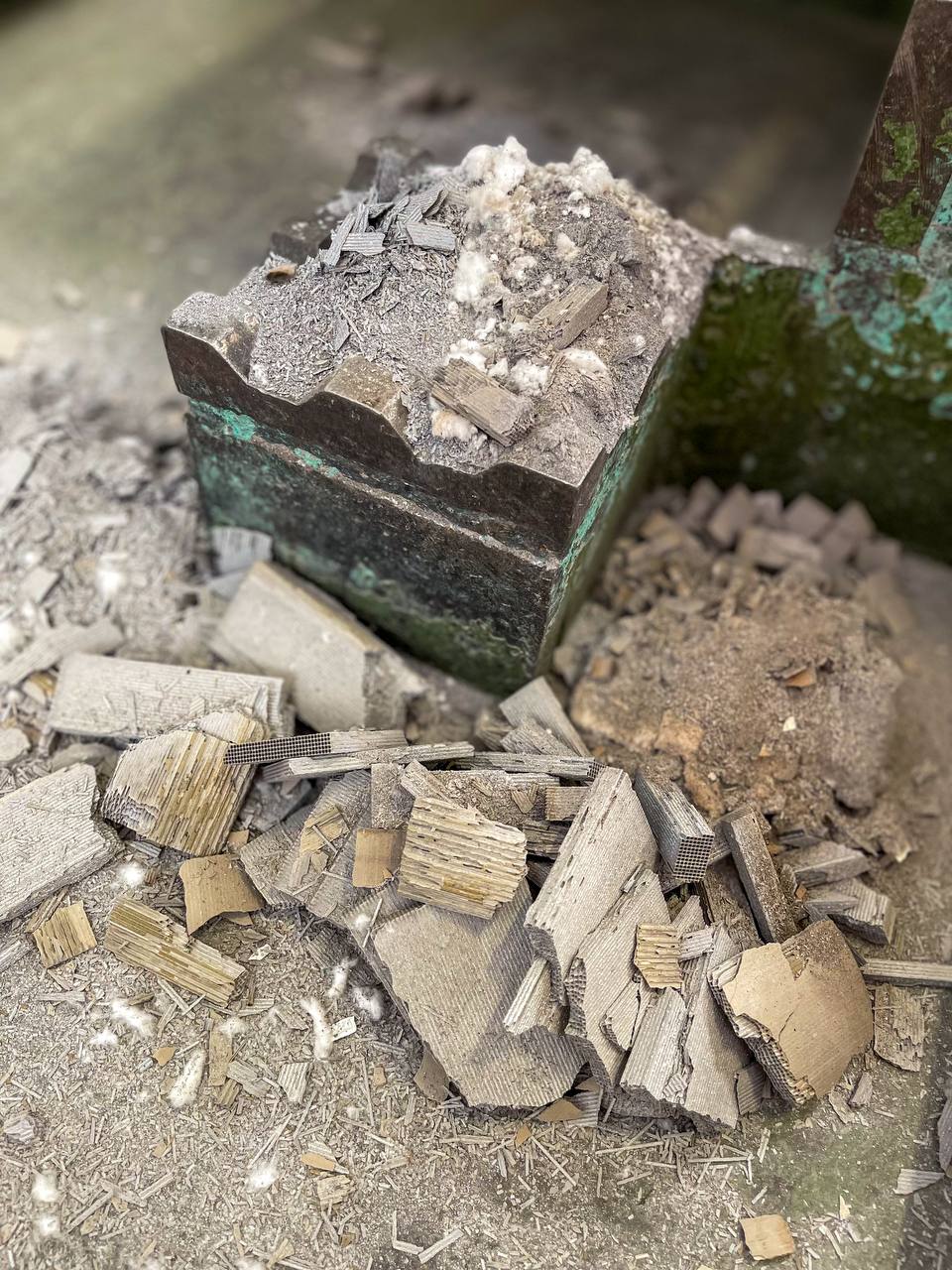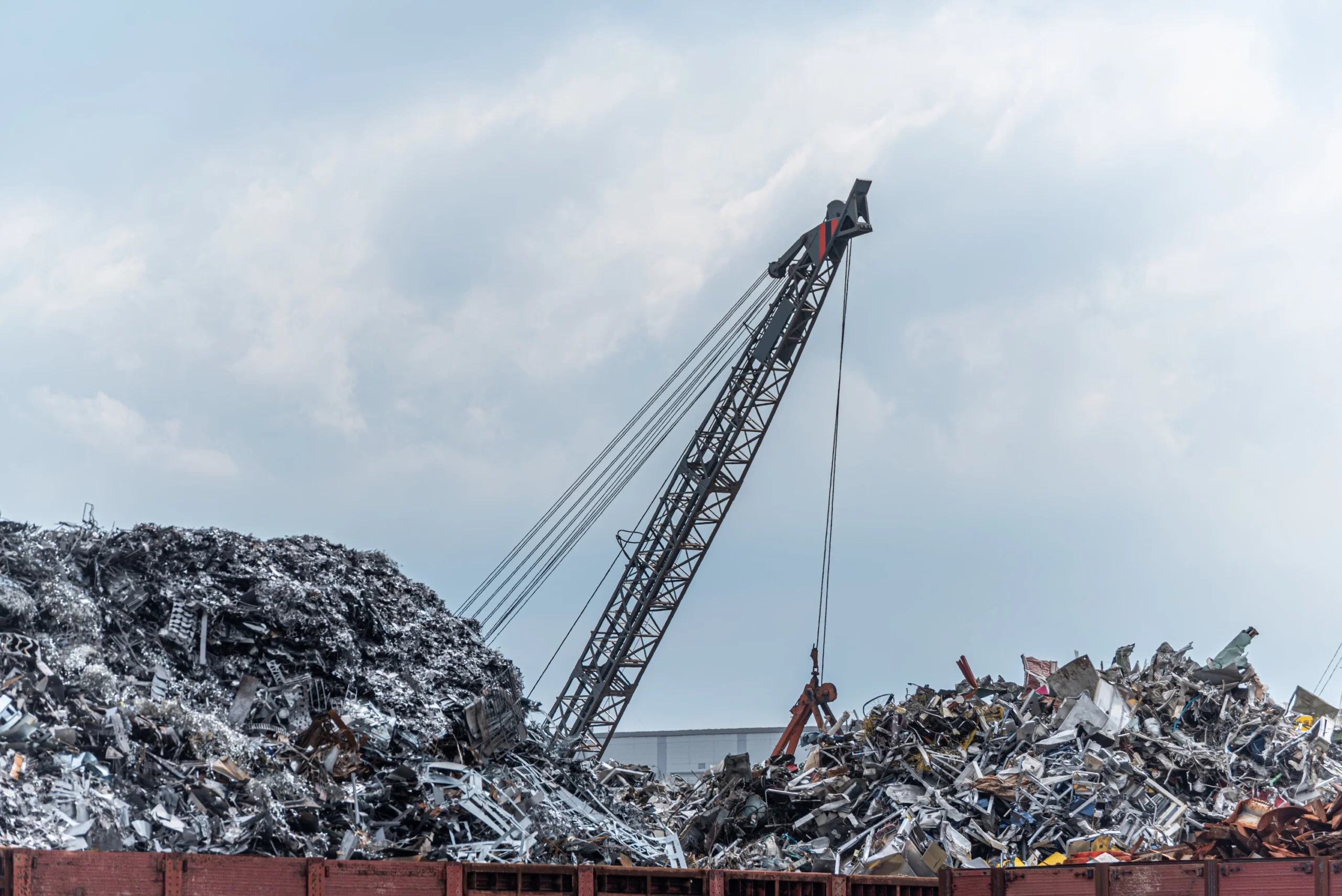When it comes to recycling catalytic converters, many individuals and businesses in Southern Africa are unaware of the potential value these small, yet significant, automotive parts hold. Whether you’re an individual looking to make the most out of your old converter or a business offering compliant recycling services, understanding how to maximize the value of a catalytic converter before recycling is crucial. This guide will walk you through the steps necessary to ensure you get the best return, while also emphasizing environmentally sound practices.
Understanding Catalytic Converters
Catalytic converters are essential components of modern vehicles, designed to reduce harmful emissions by converting toxic gases into less harmful substances. These devices contain precious metals such as platinum, palladium, and rhodium, which are valuable and sought after in the recycling market. Given their value, it’s important to understand how to maximize the price you can get for your catalytic converter when selling it for recycling.
For those searching for “catalytic converter buyers near me,” it’s vital to recognize that not all buyers are created equal. Choosing the right buyer can significantly impact the price you receive and the security of your transaction.
Factors That Affect Catalytic Converter Prices
Several factors influence the price you can get for a catalytic converter. Here’s what you need to consider:
- Make and Model: Different vehicles use different types of catalytic converters, each with varying amounts of precious metals. Knowing the specific make and model of your converter can help you determine its potential value.
- Condition of the Converter: The condition of your catalytic converter plays a significant role in its value. Converters in better condition, with less wear and tear, typically fetch higher prices.
- Current Market Prices: The prices of precious metals fluctuate based on market conditions. It’s important to stay informed about current catalytic converter scrap prices South Africa to know when it’s the best time to sell.
- Documentation: Having proper documentation, such as proof of ownership and identification of the converter, can streamline the selling process and potentially increase the offer you receive.
Steps to Maximize the Value Before Recycling
To ensure you get the best possible price for your catalytic converter, follow these steps:
- Proper Identification:
- Accurately identifying the make and model of your catalytic converter is the first step. This information will help potential buyers assess its value more accurately. If you’re unsure, consider consulting a professional or using online resources to help with identification.
- Condition Assessment:
- Before selling, assess the condition of your catalytic converter. Look for signs of damage or excessive wear. If the converter is still in good shape, it may be worth more. Some buyers may offer less for converters that are heavily worn or damaged.
- Documentation:
- Ensure that you have all the necessary paperwork. Proper documentation not only helps verify the legality of the transaction but also adds a layer of trust and security, which can influence the final offer.
- Choosing the Right Buyer:
- Not all buyers offer the same price, and not all provide the same level of service. Look for reputable catalytic converter buyers near you who are known for fair pricing and secure, compliant transactions. These buyers are more likely to offer competitive prices and ensure that the recycling process is environmentally sound.
The Recycling Process
Once you’ve maximized the value of your catalytic converter, it’s time to think about the recycling process. Choosing the right recycling partner is crucial, especially if you’re a business offering recycling services. Ensure that the recycling process is compliant with environmental regulations and that data security is maintained throughout the transaction.
In South Africa, catalytic converter recycling is not only a business opportunity but also a way to contribute to environmental sustainability. By recycling these parts, we can reduce the demand for newly mined precious metals, thus minimizing the environmental impact.
Why It Matters
Responsible recycling of catalytic converters is about more than just getting a good price. It’s also about contributing to a circular economy, where valuable materials are reused rather than discarded. By following the steps outlined in this guide, you can maximize the financial return on your catalytic converter while also playing a part in protecting the environment.
Furthermore, ensuring that you work with reputable catalytic converter buyers near you helps maintain the integrity of the transaction, providing peace of mind that your data is secure and that the recycling process is handled responsibly.
Conclusion
Maximizing the value of your catalytic converter before recycling is a straightforward process if you know what to do. By properly identifying your converter, assessing its condition, ensuring all documentation is in order, and choosing the right buyer, you can significantly increase the amount you receive.
Remember, the recycling of catalytic converters is not just about making money; it’s also about being responsible. By recycling with a focus on compliance and environmental sustainability, you’re contributing to a greener future.
If you’re looking to recycle your catalytic converter or need more information, don’t hesitate to reach out. Our team is here to help you through every step of the process.



